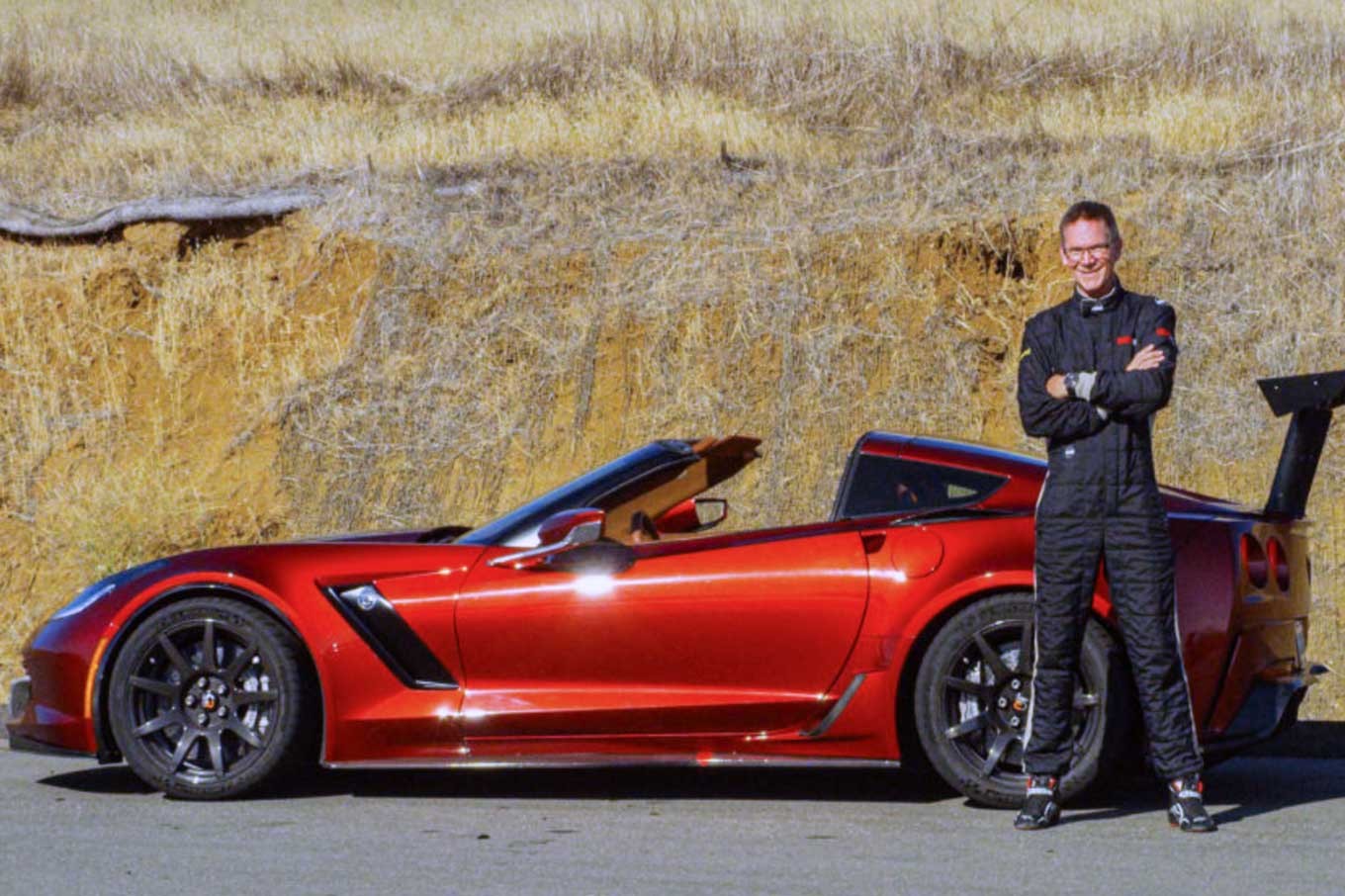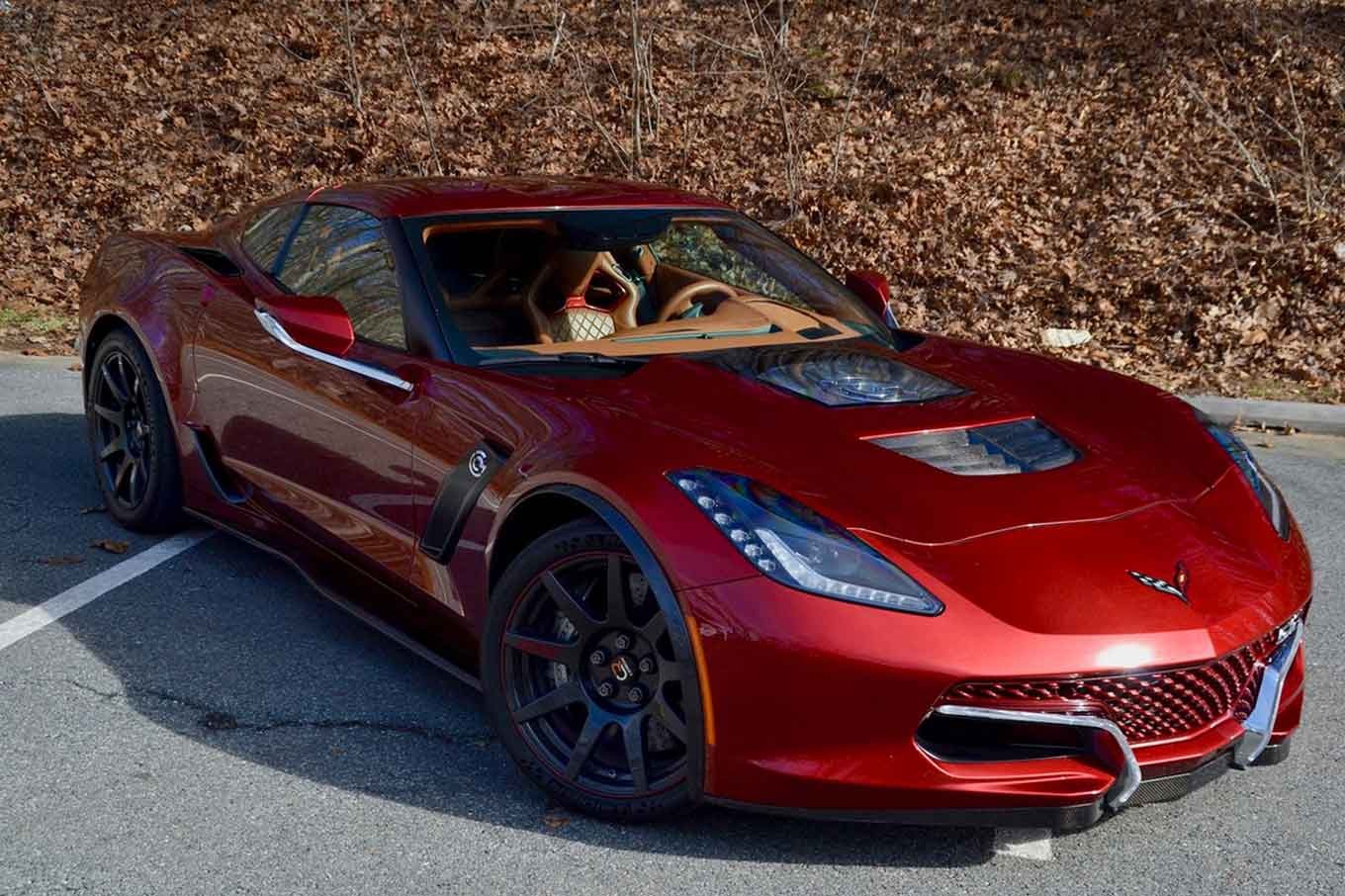Genovation Wraps Up Phase 1 of Development of the G2 28 Jan '11
Genovation Inc., a Maryland designer and custom builder of environmentally friendly automobiles, announced the completion of Phase I of development of its G2 electric car model.
Phase I, managed and delivered by Tata Technologies, which serves as the prime contractor on the full vehicle project, included the completion of design details critical to a comprehensive business strategy, including cost analyses, performance simulations, crash simulations, computational fluid dynamics analyses and two quarter scale models.
Subcontractors on the G2 project include Metalsa, which recently acquired Dana Holding Corporation's structural product business, for the structural design and manufacturing; and Dana Thermal Products for the car's thermal operations (engine cooling, battery management and cabin climate control).
"We are very pleased to have completed this first phase in developing an efficient and reliable electric car," said Andrew Saul, Genovation CEO. "This is an excellent first step in providing customers with safe, sustainable automobiles that do not compromise driving independence; and at the same time, help us become one of the premier providers of green automobiles in the U.S."
"The Tata Technologies team is excited to be playing this pivotal role in the design and development of the G2," said Kevin Fisher, Tata Technologies President - Global Delivery. "We share the Genovation vision for the future of EV technology."
"Working with Genovation and the selected sub-contractors, we completed Phase 1 meeting all expectations with an innovative approach to engineering. To achieve these results, within the designated timeframe, was a tremendous accomplishment for the whole team," Fisher added.
Leopoldo Cedillo, Metalsa CEO, said, "We are very excited to have supported Genovation's accomplishment of completing this Phase 1 for the G2 electric car project. The development of design and manufacturing towards quality structural products becomes key to achieving an affordable, efficient, and reliable vehicle. Metalsa is committed to innovatively working with the necessary talent and resources, especially on material and weight, to assist Genovation in reaching their vision."
The completion of the first phase is a crucial milestone. The company now has key information relating to materials, weights, and associated costs to produce the vehicle. The G2 model that Tata Technologies is developing will incorporate Genovation's research and development that went into its G1 model, an electric conversion of a Ford Focus. The conversion included the installation of an electric motor, battery string, controller, instrumentation and generator; using off the shelf items.
Phase II of the G2 development has commenced. It will include the design of a G2 working prototype. Phase III includes building preproduction prototypes for road testing and crash tests. It will also include the design and building of a production facility. Long term, it is Genovation's goal to operate from a business plan that envisions building 1,000 units at a time through manufacturing "pods" that require just a few robots and relies more heavily on teams of skilled workers.
"For us to be successful, we need to be a market driven company. With this model, we can be nimble and react to where there is strong demand for our product," said Saul. Genovation was founded in 2007 by Mr. Saul. Other top company executives include Robert Irby, Senior Executive for Manufacturing and Operations, and Steven Rogers, President and Chief Technology Officer.
"The G2 is designed to be easily maintained at the dealership level; as opposed to the many sophisticated hybrid cars available today from major manufacturers that require highly-trained factory supported teams to maintain certain parts of the technology," said Saul. Genovation plans to differentiate itself from its competition by better understanding and anticipating the requirements of its clientele; be it the suburban family, green-conscious state/local government agencies, or corporations desiring a fleet of electric cars or plug-in hybrids.


